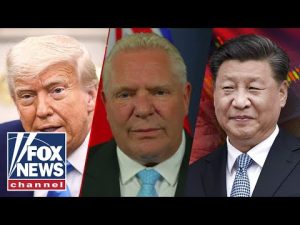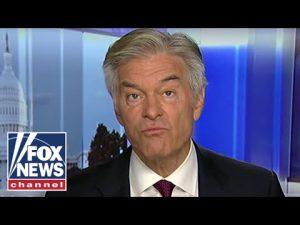In the world of politics, nothing stirs the pot quite like a contentious legislative bill. The recent congressional spending bill, informally dubbed the “big beautiful bill,” has certainly managed to draw polarized reactions. Elon Musk, the perennially outspoken tech CEO, called it a “disgusting abomination,” suggesting that it is riddled with excessive, unnecessary spending—often known as pork. Musk claims the bill will only exacerbate America’s already towering budget deficit, potentially increasing it to a staggering $2.5 trillion. His post highlights the frustration many have with what seems like an all-too-familiar trend in Washington: careless financial management at the taxpayer’s expense.
The White House, not surprisingly, appears unfazed by Musk’s critique. They indicate that his opinions, while loud, won’t derail the bill as it works its way through Congress. It’s clear that within the Republican circles in the House, divisions exist. There are factions that are concerned about runaway spending and fiscal irresponsibility, and then there are those who prioritize extending tax cuts. This latter viewpoint emphasizes that extending these cuts is seen as a necessity, arguing against cost claims. Republicans need more robust arguments to articulate why these tax cuts are crucial to prevent tax increases, as opposed to costing money—the narrative commonly pushed by their opponents.
Critics like Musk argue there’s little real progress being made in addressing the decade-long issues of fiscal management. His concerns, while partly personal due to previous advocacy for government-funded green energy initiatives like EV tax credits, also reflect deeper dissatisfaction with the bill’s failure to sufficiently address underlying economic fragility.
Supporters of the bill nevertheless emphasize that despite the criticism, the administration is reportedly working hard to bolster the country’s foundations, despite the looming shadow of public skepticism.
Ultimately, the current political landscape demands more than just sound bites and passionate outbursts from influential figures, whether they’re tech CEOs or career politicians. It requires dedicated, laser-focused efforts to rein in spending without compromising essential services or national security. The questions posed by these political movements are part of a broader dialogue about the direction America should take—one that balances progress with prudence and values responsible stewardship over financial resources. Whether this bill truly embodies such virtues remains to be seen, as the debate rages on within Washington and among the American populace.







